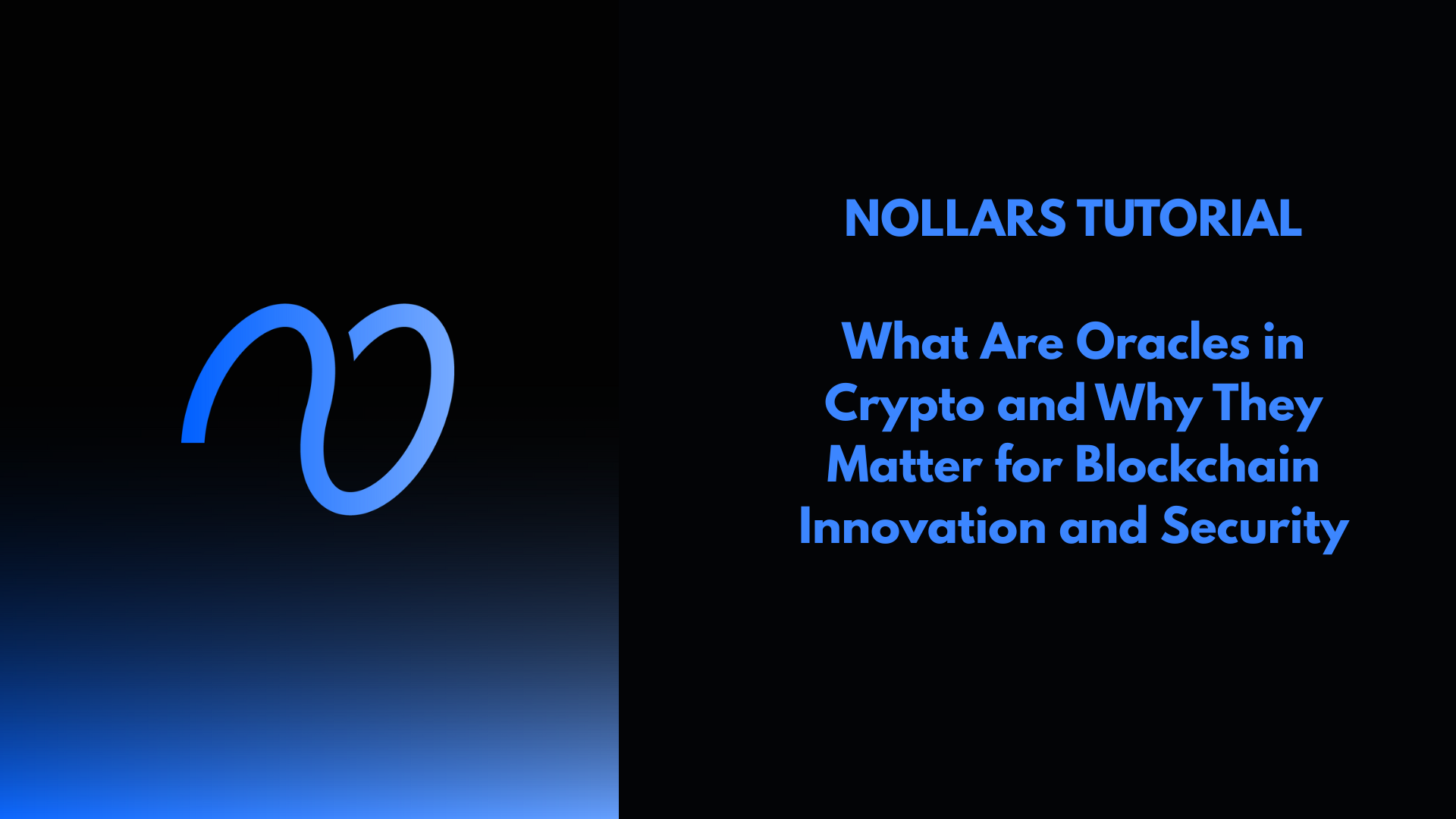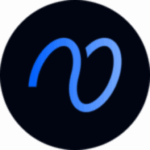Oracles play a crucial role in how blockchains interact with the real world. They supply real-world data—think prices or weather—to smart contracts on the blockchain.
This lets contracts respond to stuff happening outside their own ecosystem.

Blockchain oracles matter because they let smart contracts use verified external info. If oracles didn’t exist, smart contracts would be stuck with only what’s already on the blockchain.
Oracles bridge the gap between blockchains and outside data sources, bringing in timely, accurate info. This makes a lot of crypto applications possible, from finance to insurance.
If you want to dive deeper into how blockchain oracles work, check out more here.
Understanding Oracles in Blockchain
Oracles basically bridge blockchain systems and the outside world. They make sure smart contracts get the real-world data they need to work.
Different types of oracles exist, and each one connects blockchains to the outside world in its own way.
Definition of Oracles
An oracle, in this context, is a tool that gives blockchains external data. Blockchains can’t just reach out and grab info from the internet on their own.
Oracles step in and provide verified, real-world data.
This could be anything from prices to weather to sports results. The oracle checks the data and passes it along to the blockchain.
That’s what lets smart contracts do things based on events happening outside their own bubble.
How Oracles Connect Blockchains to External Data
Oracles act as intermediaries. They pull in data from outside sources, check if it’s accurate, and then send it to the blockchain.
Decentralized apps can then do their thing based on real-world conditions, and nobody has to manually update anything.
Oracles grab info from websites, sensors, APIs—pretty much anywhere data lives. Once they’ve verified it, they push it into the blockchain in a secure way.
This whole process is essential for stuff like finance and insurance on the blockchain.
Types of Oracles
Let’s break down the main types of oracles:
- Software Oracles: These get data from online sources, APIs, or databases.
- Hardware Oracles: They collect info from physical devices or sensors.
- Inbound Oracles: Bring outside data into the blockchain.
- Outbound Oracles: Send data from the blockchain out to the real world.
- Consensus Oracles: Use several sources to double-check data before submitting it.
Every type plays its own part, but the goal is the same: help smart contracts by providing trusted info.
Curious about the nitty-gritty? Take a look at what is an oracle in blockchain.
Why Oracles Matter in Crypto Ecosystems
Oracles connect blockchains with real-world data, so smart contracts can actually do useful things based on what’s happening out there. They’re vital for accuracy, security, and making blockchains practical.
This link between blockchains and reality shapes how contracts run and helps keep decentralized systems trustworthy.
Role of Oracles in Smart Contracts
Smart contracts fire automatically when certain conditions are met. But they need real-world data to know when to act.
Oracles step in, verify off-chain info, and feed it to the blockchain.
This setup lets contracts react to stuff like price swings, weather changes, or sports outcomes.
Without oracles, smart contracts would be stuck with just on-chain data—pretty limiting, honestly.
Use Cases for Oracles in Decentralized Applications
Oracles unlock a ton of use cases in decentralized apps. Here are a few you’ll see a lot:
- DeFi: Oracles deliver real-time price feeds so people can borrow, lend, or trade.
- Supply Chain: They verify where goods are and what shape they’re in as they move around.
- Insurance: Oracles can trigger payouts automatically by confirming things like flight delays or natural disasters.
All of this makes blockchain tech way more powerful by tying digital contracts to real-world events.
Implications for Data Integrity and Trust
The accuracy of data from oracles is a huge deal in the blockchain world. If an oracle sends bad or fake info, smart contracts can go off the rails.
People try to protect against this by using multiple oracles or decentralized oracle networks. That way, there’s no single point of failure.
If oracles are designed well, they help people trust that only real, verified data will affect contract results.
Sticking with secure oracles is just smart if you want to keep users safe and keep confidence high in crypto.
blockchain oracles
crypto oracles and data
Current Challenges and Future Trends

Oracles come with some real challenges that affect blockchain security and reliability. At the same time, there’s some cool tech on the horizon that’s changing how oracles work.
These shifts could really shape the future of crypto and decentralized finance.
Security Risks and the Oracle Problem
Oracles link blockchains to real-world data, but that link can be a weak spot. If an oracle feeds in bad or manipulated info, smart contracts can do the wrong thing.
People call this the “oracle problem“.
Centralized oracles are especially risky since one group controls the data. That makes them targets for hacks, mistakes, or even censorship.
Decentralized oracles try to fix this by pulling from many sources, but then you’ve got to coordinate all that data—and the costs can add up.
Security is still a big worry because attacks on oracles can mean lost money and lost trust.
Recent Innovations in Oracle Technology
Lately, we’ve seen projects push for more accurate and secure oracles. Decentralized oracle networks now gather data from lots of independent sources.
This makes it harder for bad info to slip through.
Some oracles use cryptographic proofs to confirm data is legit without exposing sensitive details. Others are adding hardware-based security modules for extra protection.
There’s also a move toward real-time updates, so data feeds get faster and more reliable.
All of these upgrades aim to make oracles more scalable and tough enough to support complex financial stuff.
Future Prospects for Oracles in Crypto
Oracles are probably going to get even more important as blockchain adoption grows. They could power new kinds of decentralized apps, like real-world voting or insurance that pays out based on actual events.
If oracles start working with Internet of Things (IoT) devices, we might see real-time data sharing in supply chains or smart cities.
Cross-chain oracles could help different blockchains talk to each other, letting smart contracts run across multiple platforms.
That would open the door to more advanced DeFi products.
But for all this to happen, the industry still needs to solve security issues and build reliable, affordable oracle networks.
If they pull it off, oracles might become a cornerstone of the blockchain world.
For more on how oracles bridge blockchain and reality, check this blockchain oracles overview.
Frequently Asked Questions
Oracles connect blockchains to real-world data and systems. They provide verified info so smart contracts can react to what’s actually happening.
What is the primary function of an oracle in blockchain technology?
Oracles send data from the outside world to smart contracts. This can be prices, weather, or event results, which lets contracts run automatically.
How do oracles solve the “oracle problem” within blockchain ecosystems?
Oracles tackle the trust issue by verifying and authenticating info before it hits the blockchain. Decentralized oracles go a step further by using multiple sources.
Can you provide examples of how oracles are implemented in blockchain projects?
Projects like Chainlink use oracles to feed real-world data to smart contracts in finance, insurance, and gaming. These oracles fetch and confirm external info in a secure way.
What are the consequences of oracle failure in cryptocurrency platforms?
If an oracle gets it wrong, smart contracts might do something they shouldn’t. That can mean financial losses, security problems, or even broken services.
Why are oracles regarded as critical components in smart contract operations?
Without oracles, smart contracts can’t get the outside info they need for most applications. Oracles let contracts respond to real-world conditions, reliably.
How do oracles contribute to the reliability and functionality of decentralized applications?
Oracles pull in accurate, timely data from trusted sources. That kind of reliability helps decentralized apps run the way they’re supposed to.
When you add multiple data inputs into the mix, you get a boost in accuracy and a drop in risk. It’s not a perfect system, but it’s a big step up from relying on a single source.




